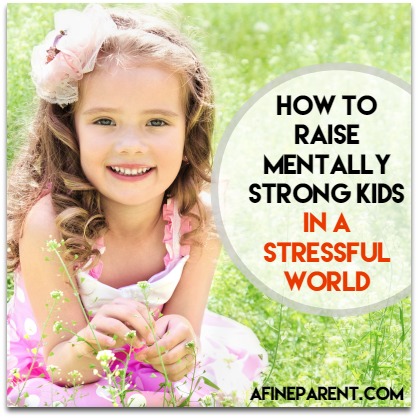 We live in a world where sports and competitiveness are all around us and it often starts at a young age.
We live in a world where sports and competitiveness are all around us and it often starts at a young age.
Think about your family: How much time is spent going to and from practices and games with your kid(s)? How much time do you spend watching or following sports and cheering on your favorite teams?
Though early sport involvement is usually about having fun and developing sport skills, it doesn’t take long for participation to become competitive (and time consuming).
If you head to your local park or sporting field on the weekend, you can likely find little kids (as young as 3 and 4) involved in team sports, with parents on the sideline cheering for their child and his or her team. Parents, coaches and kids cheer when goals are made and points are earned; high fives, hugs and congratulations are given to the winners and with good sportsmanship, hopefully there is respect for the “losers.”
Is all this competition at such an early age good for our kids? The jury is still out on this. And we’re not going to get to the bottom of that argument anytime soon.
In the meantime, though, competition continues to be a prevalent part of the fabric of our everyday lives.
What can we parents do?
For one, we can ensure that our response to it all does not unintentionally encourage a fixed mindset instead of a growth mindset.
 Don’t you sometimes wish you were a carefree child?
Don’t you sometimes wish you were a carefree child?